我吃素 | It Means “I’m a Vegetarian” Right? Well, Not Exactly…

I vividly remember the first time someone asked my Chinese teacher how to say ‘I am vegetarian’ in Mandarin.
Only after a very long pause did she reply with “You can say 我吃素”.
The next time I heard someone ask how to say they were vegan and I heard them get the exact same answer of ‘我吃素’, I knew something was fishy (and it’s not the diets)!
Vegetarian and vegan diets have some pretty big differences after all, so how come they get translated to the exact same phrase in Mandarin?
👉 It’s because 我吃素 doesn’t mean vegetarian OR vegan, but it’s an entirely separate set of dietary rules following Buddhist ideals! And yes, the five pungent vegetables as they are known in Buddhism (onions being on this list!) are also banned.
So if you want to find out what you are actually telling waiters in restaurants when you use the phrase ‘我吃素’, as well as some interesting cultural insights into the term, read on!
我吃素 | The meaning of the term 我吃素
我吃素 | Why are onions and garlic banned?
我吃素 | No onions or garlic – the food must be tasteless right?
我吃素 | But WHY is there no separate term for vegetarian/vegan?
我吃素 | Vocab 101 for communicating your specific dietary requirements
我吃素 | FAQs
The Meaning of 我吃素
Now we’re getting to the meat (forgive the pun) of this article. What does ‘我吃素‘ actually mean?
It means that you cannot eat meat, eggs, dairy, OR any of the five pungent vegetables 五葷 – onions, garlic, green onions, chives and leeks. Sometimes also called the five fetid vegetables.
This is the interpretation of the correct Buddhist diet followed in Chinese culture (as well as Korean and Vietnamese culture!), so this is the diet that the term ‘我吃素‘ is referring to.
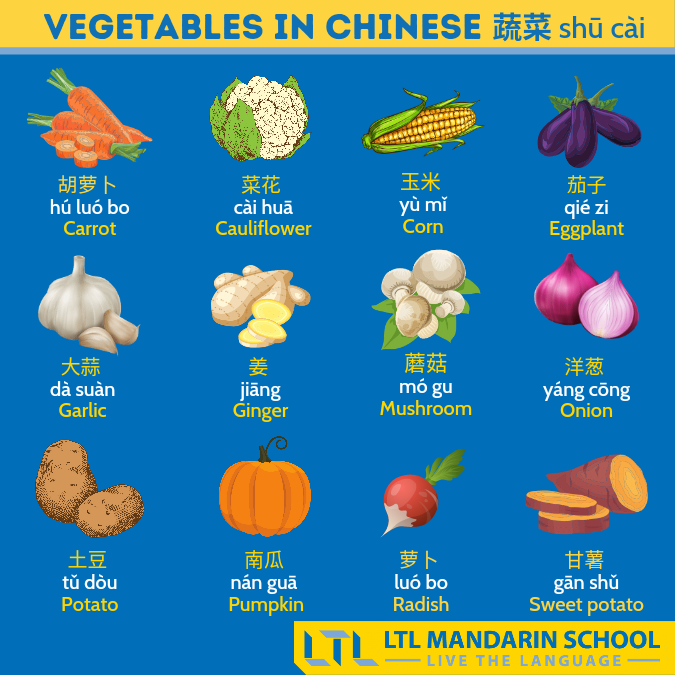
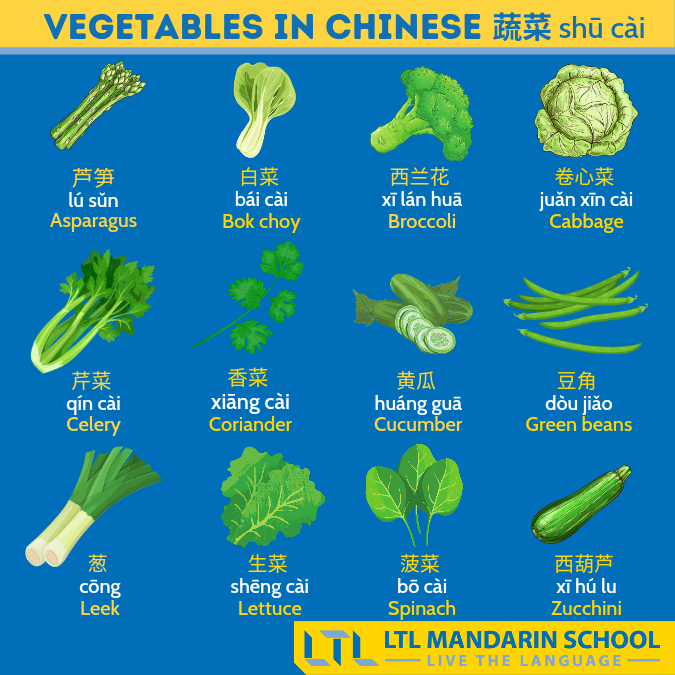
And if you want more practical tips for how to live as either a vegetarian or vegan in China (and everything in between) you can also check out our vegetarian survival guide here!
Why are Onions and Garlic Banned?
There are several slightly different stories about the reason behind the ban out there, but the general idea is that these 5 vegetables are said to stimulate your senses in ways that interfere with meditation and concentration.
Another reason often mentioned is that if you have any digestive problems, onions and garlic can make these types of problems worse.
So they might have been banned because they were considered to be bad for you.
The Food Must be Tasteless, Right?
I was lucky enough to be eating at a Buddhist restaurant while I was finding out about the actual meaning of ‘我吃素‘, but even I got scared for a moment. No onions or garlic?
So the food has to be flavourless right?
Then I remembered that every bite I had eaten up to that point had been delicious and I started asking some questions!
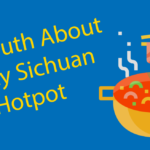
The Sizzling Truth Behind Spicy Sichuan Hotpot 🍲🌶️
Spicy Sichuan Hotpot is notorious globally but is that really all Sichuan has to offer? Does the chilli even come from the western region? Let us explain.
Turns out there is a whole range of spices that are a staple in Buddhist kitchens and really pack a punch flavor wise: ginger, saffron, peppercorn, horseradish and chinese five spice – just to name a few!
But the most amazing part is the range of fake meats that Chinese Buddhist monks have developed since as early as the Tang (618–906) and Song (960–1279) dynasty!
As you probably know, giving banquets and having large feasts is very important in Chinese culture, so the monks had to figure out ways that they could hold on to their vegetarian principles, while not offending rich and important guests by ‘only’ feeding them vegetables.
Chinese fake meats are designed to mimic the animal meat that they are meant to be substituting as closely as possible, using a mix of wheat gluten, soybeans, lotus roots, mushrooms, and more.
Even (or maybe especially!) as a non-vegetarian I encourage you to try eating at a Chinese Buddhist restaurant at least once, and taste the fake meats for yourself!
Some of them get very close to the mutton or pork (or even crab meat!) that they are supposed to be imitating.

Chinese Listening Practice // How To Improve Your Chinese Listening Skills
Today we’ll be delving into some Chinese listening practice and telling you exactly the steps to improve your Chinese listening comprehension.
Why no Separate Terms for Vegetarian and Vegan?
Up until very recently, if you were vegetarian in Chinese culture there was only one reason – religion. Buddhism to be exact.
Everyone else was split into two categories; too poor to eat meat, or rich enough to be able to afford meat – in which case they definitely wanted to display their wealth by doing so!
Being vegetarian for environmental/ health/ animal welfare concerns is a relatively new concept in China, and not very widespread yet.
As a result, the only existing term for ‘I don’t eat meat/animal products’ comes from Buddhism.
It’s likely that as more and more people start following either vegetarian or vegan diets in China, the language around this topic will evolve.
But for now, the one and only existing term is ‘我吃素‘ and it doesn’t quite fit either vegans or vegetarians as we have seen.
Vegan & Veggie Related Vocab
| English | Mandarin | Pinyin |
|---|---|---|
| Vegetarian | 蔬 | Shū |
| Vegetarian food | 蔬食 | Shū shí |
| I’m vegetarian | 我吃素 | Wǒ chī sù |
| I don’t eat meat | 我不吃肉 | Wǒ bù chī ròu |
| I don’t eat fish | 我不吃鱼 | Wǒ bù chī yú |
| I don’t eat eggs | 我不吃蛋 | Wǒ bù chī dàn |
| I don’t eat cheese | 我不吃起司 (TW) 我不吃奶酪 (CN) | Wǒ bù chī qǐ sī (TW) Wǒ bù chī nǎi lào (CN) |
| I don’t drink cow’s milk | 我不喝牛奶 | Wǒ bù hē niú nǎi |
| I am allergic to cow’s milk | 我对牛奶过敏 | Wǒ duì niú nǎi guò mǐn |
| I am allergic to eggs | 我对蛋过敏 | Wǒ duì dàn guò mǐn |
| I am allergic to fish | 我对鱼过敏 | Wǒ duì yú guò mǐn |
我吃素|FAQs
What does 我吃素 mean?
It means that you cannot eat meat, eggs, dairy, OR any of the five pungent vegetables 五葷 – onions, garlic, green onions, chives and leeks.
Sometimes they are also called the five fetid vegetables.
Are onions and garlic really banned in this diet?
Yes they are!
How do I explain what I can/cannot eat at a restaurant?
Take a look at the vocab 101 table in this article for a place to start.
Otherwise you can always ask your Chinese friends / your teacher to help you write down or learn the exact phrases you need to communicate your requirements.
How can I learn to talk more about my lifestyle in Chinese?
It’s easy!
You can sharpen up your language skills anywhere, anytime with our online Flexi Classes platform, or you could even dive into one of our immersion programs, where you’ll be truly living the Chinese language!
Want more from LTL?
If you wish to hear more from LTL Mandarin School why not join our mailing list? We give plenty of handy information on learning Chinese, useful apps to learn the language and everything going on at our LTL schools!
Sign up below and become part of our ever-growing community!
BONUS || Want to study Chinese with us in Chengdu? Why not check out our group courses or individual Chinese classes.
⭐ Download our free ebook, your starter pack of essential Mandarin learning resources!


 Hi, my name is Sabatino. I am from Italy and I am a Student Advisor at LTL. Fancy coming to study with us in China?
Hi, my name is Sabatino. I am from Italy and I am a Student Advisor at LTL. Fancy coming to study with us in China? Hi, my name is Mojca. I am from Slovenia in Europe and I work as a student advisor at our Chengdu school.
Hi, my name is Mojca. I am from Slovenia in Europe and I work as a student advisor at our Chengdu school.


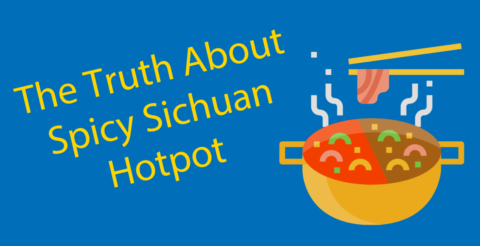
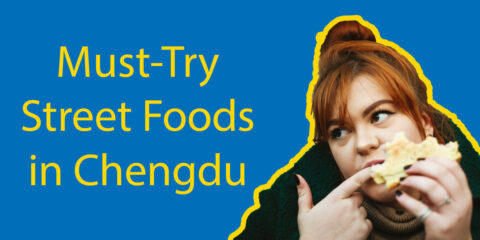
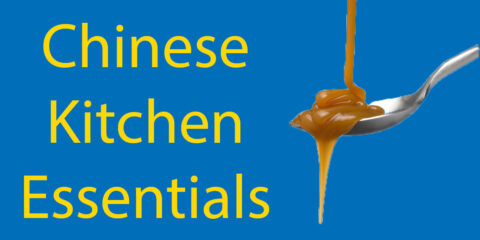
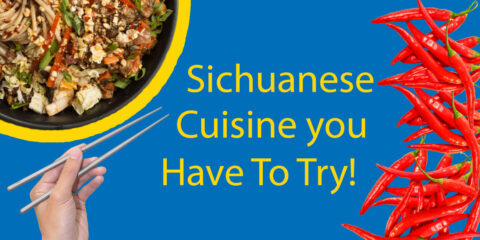
1 comments
[…] Https://ltl-chengdu. com/%E6%88%91%E5%90%83%E7%B4%A0-meaning/ […]